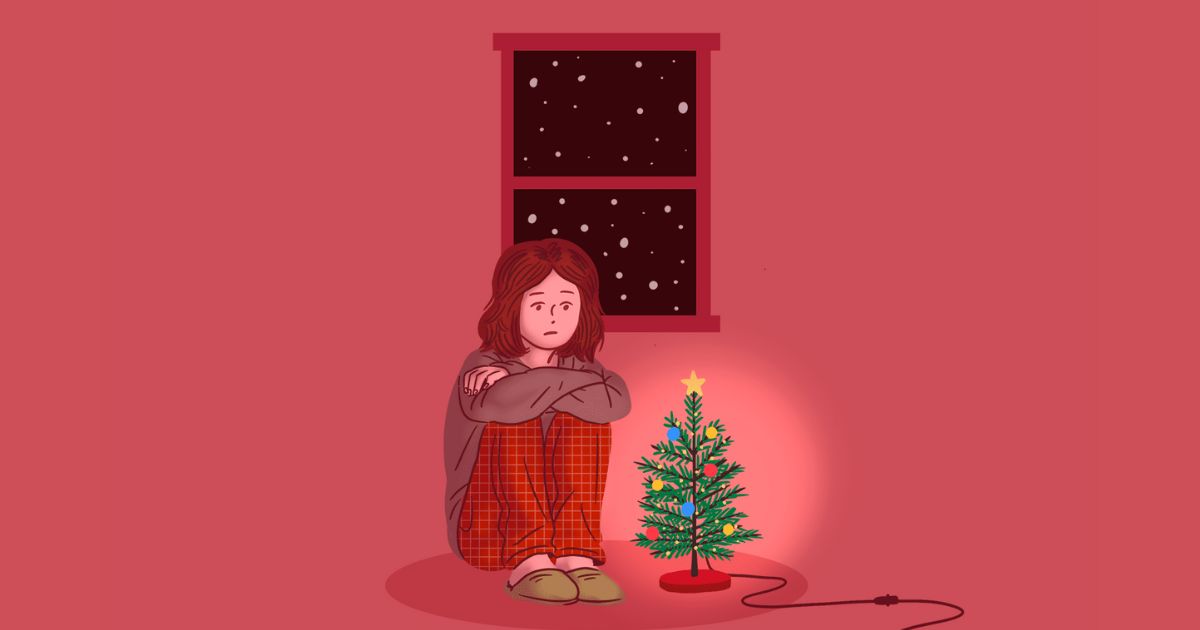The holiday season, traditionally a time for joy and togetherness, can be challenging for those grappling with recent loss or trauma. As Alysha Tagert, a trauma therapist in Washington, D.C., notes, “Holiday grief can be about many things, like the loss of a loved one or bad memories from the past.” In light of this, mental health experts offer valuable insights into managing the complexities of grief during the festive season.
Expect the Unexpected During Holiday Grief
Grief, often associated with sadness following the loss of a person or thing, can encompass a range of emotions. Tagert emphasizes that these emotions are not experienced linearly, catching people off guard. Acknowledging and understanding this unpredictability is the first step in navigating holiday-related grief.
Know and Communicate Your Needs
Licensed therapist Christine Slomski advises individuals to identify and communicate their needs clearly to friends and family. Whether it’s a simple hug or the need for personal space, setting expectations ahead of time can create a supportive environment.
Prepare for Tough Moments
Recognizing that difficult moments will inevitably arise during the holiday season, especially when others seem joyous, is crucial. Tagert suggests preparing for such instances and having courteous phrases on hand to navigate conversations that may trigger grief or discomfort.
Identify Self-Care Routines
Building a toolkit of self-care routines equips individuals to manage emotional pain effectively. Slomski recommends creating a list of healthy alternatives to unhealthy coping mechanisms. Whether it’s seeking connection with friends, taking a sunlit walk, or practicing meditation, having proactive self-care strategies is vital.
Schedule Time with a Professional
Acknowledging the presence of known and unknown triggers, Maggie Rose Macar, CEO and founder of the mental health app zant, suggests scheduling sessions with a therapist in advance. Seeking professional support can be especially beneficial during the holiday season, reducing stress and providing valuable coping mechanisms.
Surround Yourself with Friends and Family
While the instinct may be to isolate, Macar urges individuals to force themselves to connect with friends and family. Creating a built-in support system by communicating holiday plans and spending time with loved ones can help alleviate feelings of grief.
Give Back and Do Good for Others
Despite initial reservations, benevolent acts can release chemicals like serotonin, offering a positive impact on one’s well-being. Macar emphasizes that giving back not only fosters a sense of goodness in the world but also provides comfort during challenging times.
Consider Joining a Support Group
Joining an online or in-person support group may initially seem daunting, but Macar suggests it can be a transformative experience. Surrounding oneself with understanding individuals in a safe space can offer comfort and a sense of connection.
Take Your Time To Heal from Holiday Grief
Healing is a process, not a problem to be solved, according to Slomski. Granting oneself the gift of self-compassion, gentleness, and time to navigate feelings and needs is essential during the holiday season.
In summary, as the holiday season approaches, understanding and implementing these expert tips can make a significant difference for those dealing with grief. By embracing self-care, seeking support, and acknowledging the unpredictable nature of grief, individuals can navigate the festive season with resilience and healing.
The holidays may still present challenges, but with the right strategies, they can also become a time of reflection, growth, and eventual peace.








Leave a Reply
You must be logged in to post a comment.